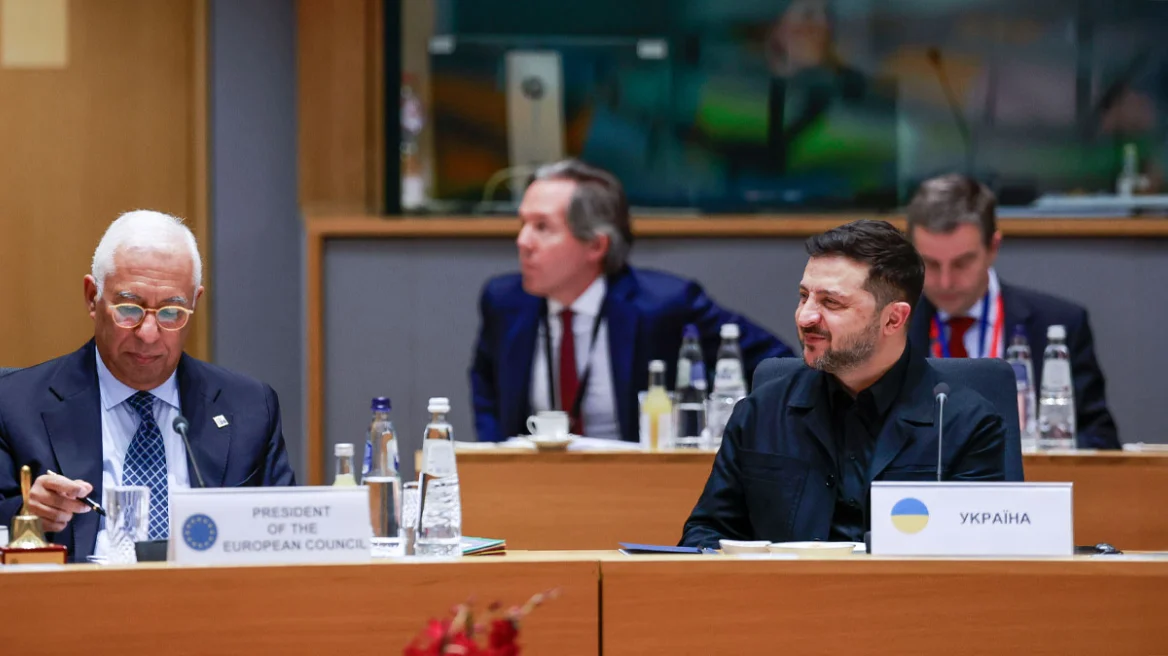Former advisers to Donald Trump, including George Papadopoulos, have been involved in supporting and developing a Philippines website, which allegedly spreads fake news about the war in Ukraine, the US elections and vaccines, causing concern about Russia’s influence in the upcoming US elections.
According to The Guardian, a group of former Donald Trump campaign advisers and staffers have discreetly helped develop a pro-Russian website, Intelligencer. That site, has begun to gain traction as a news source for many on the US right-wing political spectrum. Among the contributors to its growth are former political advisers to the Trump administration, including George Papadopoulos, his wife Simona Mangiante and others who have now joined the site’s board.

The website has been developed at a time when the US is attempting to limit Russian influence in the US media ahead of the 2024 election. Recently, the US Department of Justice indicted two members of RT (formerly known as Russia Today) for violating the Foreign Agents Registration Act and money laundering for payments they allegedly made to “recruit American influencers without their knowledge”. At the same time, sanctions were imposed on RT’s director, Margarita Simonyan, and nine other employees.
Intelligencer appears to be gaining popularity, performing at its best in August with a nearly 300% increase in traffic, according to data from Similarweb. Its articles have been shared on social media by Alex Jones, former White House adviser Garrett Ziegler and former Trump associate Roger Stone among others.
According to Emma Briant, associate professor of news and political communication at Monash University in Australia, the use of well-known figures to spread pro-Russian messages is a new tactic in Russia’s disinformation efforts. “Since the invasion of Ukraine, Russia has increasingly been forced to rely on networks of intermediaries and influencers whose conspiratorial ‘brand’ generates revenue through social media and which Russia has now been shown to secretly support,” Briant said.
The site’s opaque ownership structure makes it difficult to trace its financial backing, and there is no direct evidence of Kremlin funding. No corporate entity is listed on the site, only a business address in Los Angeles.
Although most of the content focuses on US policy issues, the site began its run in Australia through a lesser-known medium called TNT Radio, which launched in 2022. Hosts and guests often deny climate change, discuss culture war issues in the US, and espouse pro-Russian positions on the war in Ukraine.
Jennifer Squires, one of the owners of the radio station, explained in an interview that the Intelligencer started as a way for TNT Radio to get a written publication to complement the radio station. To develop the new site, Squires turned to George Eliason, an American journalist who has lived in eastern Ukraine for more than 10 years. Eliason, who already had his own show on TNT Radio, had previously appeared on RT blaming Kiev for the war in Ukraine.
However, Squires and co-owner Mike Ryan quickly became frustrated by the site’s appearance and tried to distance themselves from it. However, Eliason continued its development, working with several others who had appeared on his radio shows. The site appears to have been launched in late 2023, and nearly half of the Intelligencer’s editors are former aides, or delegates for Trump’s two previous campaigns.
“The editorial board is made up of highly qualified people, all of them experts in their fields and perfectly capable of writing articles in their areas of expertise,” Eliason said.

Perhaps the best-known former Trump staffer is George Papadopoulos, who served as a foreign policy adviser to the Trump campaign in 2016. In 2018, Papadopoulos pleaded guilty to making false statements to the FBI about his contacts with a Kremlin-connected professor who told him that Russia had information on Hillary Clinton.
“Intelligencer appears to be one of several pro-Russian operations targeting the upcoming US election, leveraging a network of far-right personalities and disinformation tactics,” said Olga Lautman, a senior researcher at the Center for European Policy Analysis.
Ask me anything
Explore related questions





